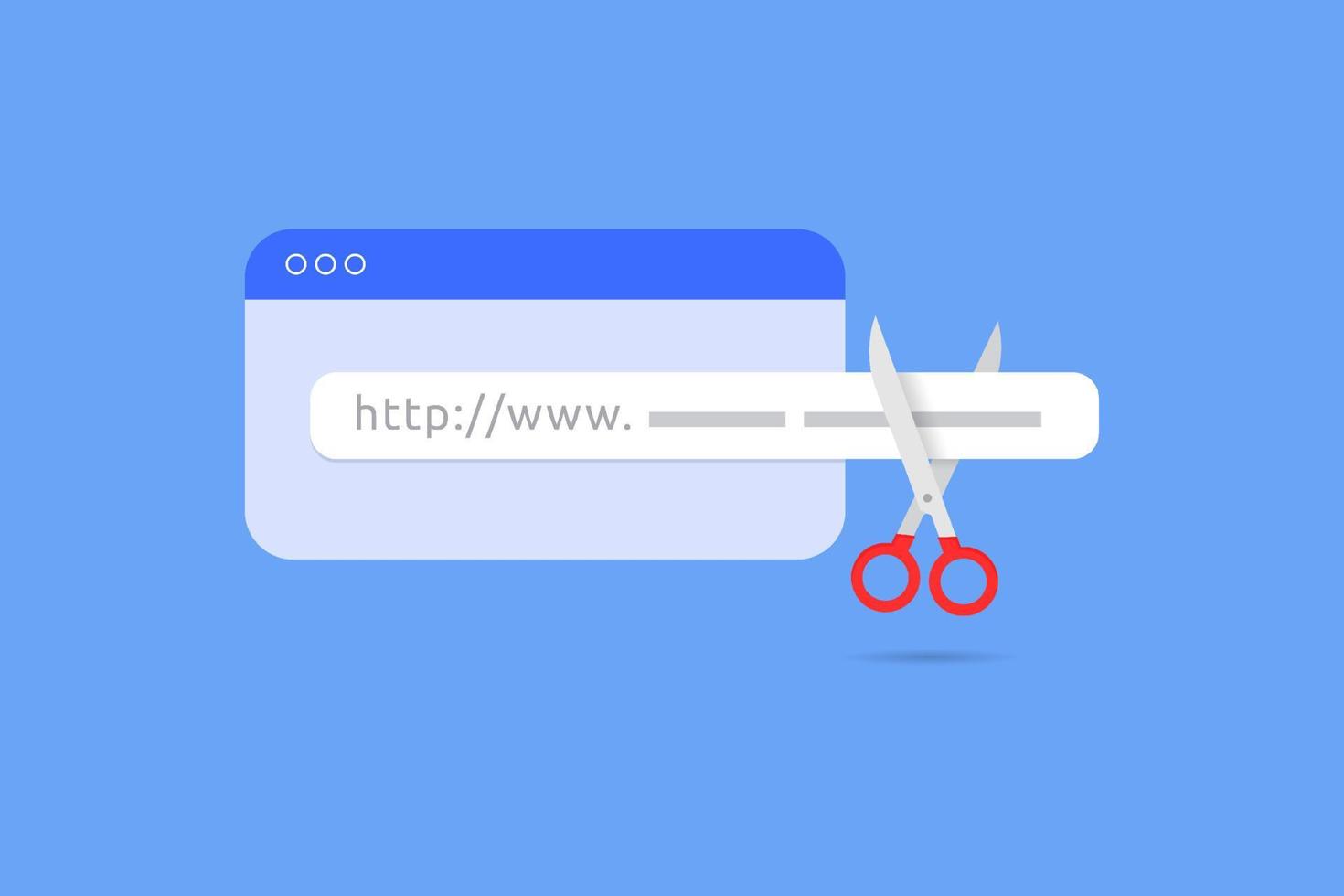
In today’s fast-paced business environment, B2B SaaS companies face intense competition. Staying ahead requires not only innovation but also a deep understanding of the market landscape. This is where competitive intelligence for sales becomes crucial. Leveraging competitive intelligence helps companies identify opportunities, mitigate risks, and enhance their sales strategies. This article explores why competitive intelligence is essential for B2B SaaS companies and how it can be effectively applied to boost sales performance.
Understanding Competitive Intelligence for Sales
Competitive intelligence for sales involves gathering, analyzing, and applying information about competitors, market trends, and customer behavior to improve sales outcomes. Unlike traditional market research, competitive intelligence is ongoing and proactive, allowing sales teams to anticipate moves by competitors and respond swiftly.
What Does Competitive Intelligence for Sales Include?
- Monitoring competitor pricing, product features, and marketing strategies
- Tracking industry trends and technological advancements
- Understanding customer preferences and pain points
- Identifying potential threats and new market opportunities
For B2B SaaS companies, this information is critical as it directly impacts how they position their offerings and communicate value to potential clients.
The Role of Competitive Intelligence in B2B SaaS Sales Strategy
Competitive intelligence for sales is integral to shaping effective sales strategies in several ways:
Enhancing Lead Qualification
By understanding the competitive landscape, sales teams can better qualify leads. They can identify prospects more likely to convert by knowing which competitors are active in a given market segment and how their offerings compare.
Tailoring Sales Pitches
Competitive intelligence provides insights into competitor weaknesses and strengths, enabling sales representatives to tailor their pitches accordingly. For example, if a competitor’s product lacks certain features, a sales rep can highlight their own product’s superiority in those areas.
Optimizing Pricing Strategies
B2B SaaS pricing can be complex. Competitive intelligence helps companies understand competitor pricing models, discounts, and bundling options, allowing sales teams to propose competitive and attractive pricing.
Improving Customer Retention
Sales teams armed with competitive intelligence can proactively address customer concerns related to competitors. This reduces churn by demonstrating an understanding of the client’s environment and offering solutions that outperform competitors.
Gathering Competitive Intelligence for Sales: Best Practices
Collecting accurate and relevant competitive intelligence requires a systematic approach. Here are some best practices for B2B SaaS companies:
Utilize Technology Tools
Use specialized competitive intelligence tools and platforms that aggregate data from multiple sources such as social media, financial reports, and customer reviews. Tools like Crayon, Owler, and SEMrush provide real-time updates on competitor activities.
Engage with Customers
Sales teams should regularly gather feedback from prospects and customers about their experiences with competitors. This direct insight is invaluable for understanding competitor strengths and weaknesses.
Monitor Industry News and Reports
Staying updated with industry publications, analyst reports, and news helps identify emerging trends and competitor strategies.
Collaborate Across Departments
Competitive intelligence should not be siloed within the sales team. Collaborating with marketing, product development, and customer success teams ensures a holistic view of the competitive environment.
Implementing Competitive Intelligence for Sales in B2B SaaS Companies
To maximize the benefits of competitive intelligence for sales, B2B SaaS companies need to integrate it effectively into their sales processes.
Training Sales Teams
Sales professionals must be trained to use competitive intelligence insights effectively. This includes understanding how to interpret data, apply it in conversations with prospects, and adjust sales tactics accordingly.
Developing Competitive Battlecards
Creating battlecards—concise documents summarizing competitor information, product comparisons, and rebuttals—empowers sales reps with quick-reference material during sales calls.
Regularly Updating Intelligence
Competitive landscapes evolve rapidly, especially in SaaS. Continuous updates and reviews of competitive intelligence data ensure sales strategies remain relevant.
Measuring Impact
Track the influence of competitive intelligence on sales performance through metrics such as win rates, deal size, and sales cycle length. This helps refine intelligence gathering and application processes.
Benefits of Competitive Intelligence for Sales in B2B SaaS
Adopting competitive intelligence for sales brings numerous advantages for B2B SaaS companies:
Increased Win Rates
Understanding competitor strategies enables sales teams to craft compelling value propositions, improving their chances of winning deals.
Shortened Sales Cycles
With targeted intelligence, sales reps can address objections proactively and move prospects through the pipeline faster.
Better Product Positioning
Competitive intelligence informs product messaging and differentiation, ensuring offerings resonate with target customers.
Enhanced Market Responsiveness
Companies can quickly adapt to market changes and competitor moves, maintaining a competitive edge.
Challenges and Solutions in Using Competitive Intelligence for Sales
While competitive intelligence for sales is invaluable, companies often face challenges in its implementation.
Data Overload
The sheer volume of information can be overwhelming. Solution: Focus on relevant, actionable intelligence aligned with sales objectives.
Ensuring Data Accuracy
Incorrect data can mislead sales efforts. Solution: Verify information from multiple sources and encourage feedback from sales reps on intelligence usefulness.
Integration into Sales Workflow
Intelligence can be underutilized if not seamlessly integrated. Solution: Use CRM systems and sales enablement platforms to embed competitive insights directly into sales activities.
Future Trends in Competitive Intelligence for Sales
As technology advances, competitive intelligence for sales is evolving.
AI and Machine Learning
These technologies enable automated data collection and predictive analytics, offering deeper insights into competitor behavior and market trends.
Real-Time Intelligence
Increasing demand for up-to-the-minute intelligence will drive the adoption of tools providing live updates on competitor actions.
Personalization at Scale
Competitive intelligence will support hyper-personalized sales approaches, tailoring messages and offers to individual prospect needs based on competitor analysis.
Conclusion
Competitive intelligence for sales is indispensable for B2B SaaS companies aiming to thrive in a competitive marketplace. By systematically gathering and applying insights about competitors, market trends, and customer needs, sales teams can enhance lead qualification, tailor pitches, optimize pricing, and ultimately close more deals. Despite challenges such as data overload and integration issues, adopting best practices and leveraging emerging technologies can maximize the impact of competitive intelligence. For any B2B SaaS company, investing in competitive intelligence is not just a strategic advantage—it’s a necessity for sustained growth and success.




